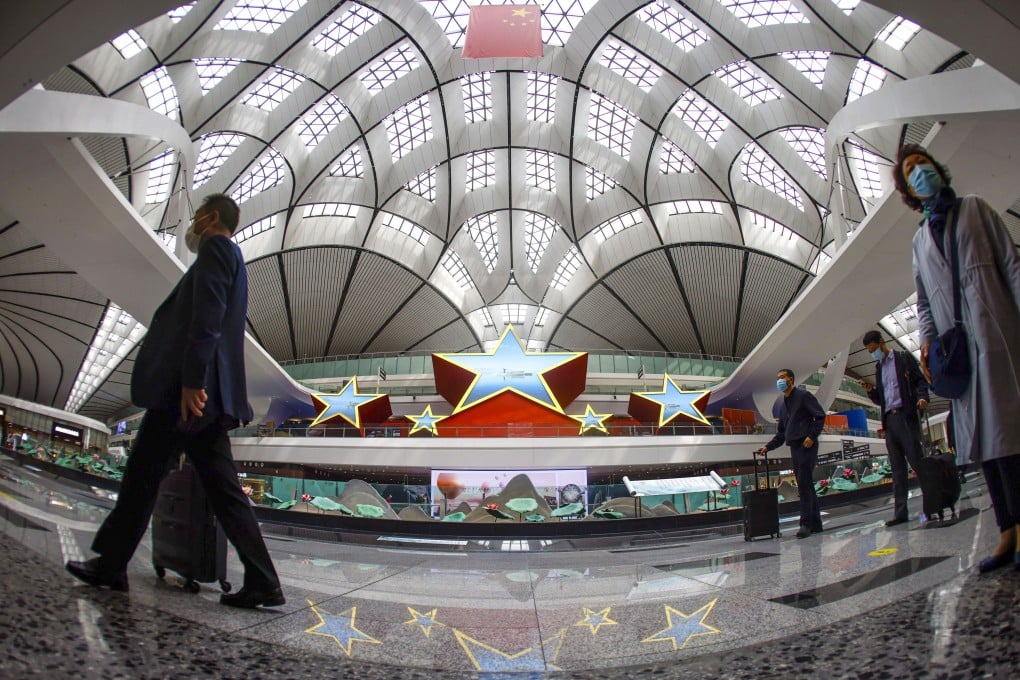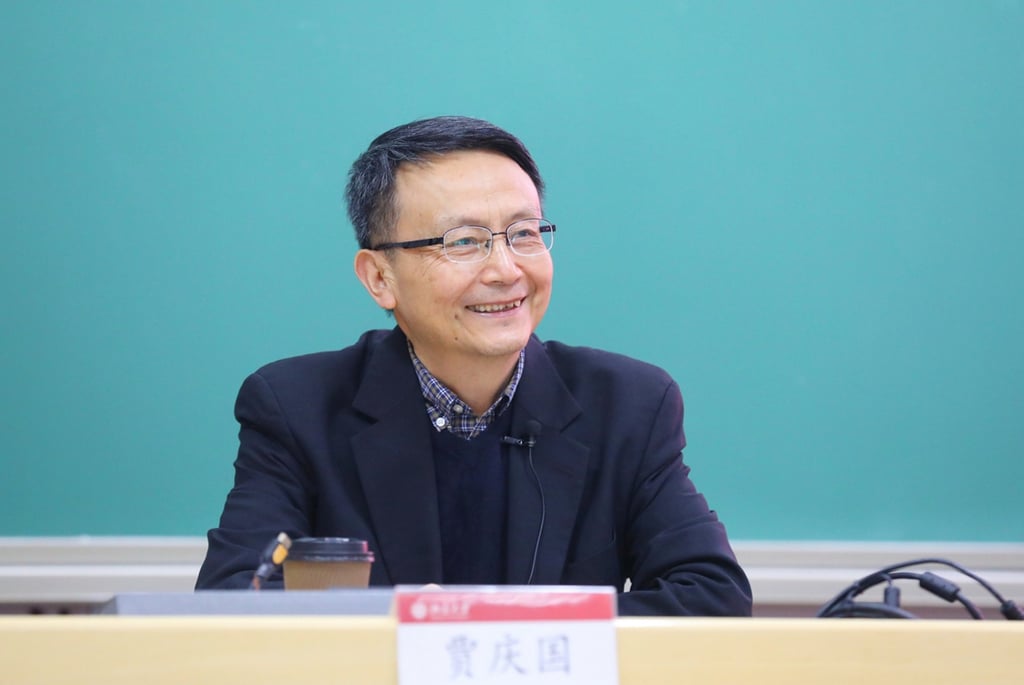‘Two sessions’ 2024: China urged to ease overseas travel and media rules for academics
- Peking University professor raises concerns about ‘overly stringent’ restrictions on Chinese scholars and retired officials
- The international relations expert says allowing more non-governmental exchanges could help Beijing improve its image


He also suggested dropping requirements for regular academics to get prior approval for overseas exchanges.
Keeping records of the activities would be sufficient for academics who are not in a leadership role and do not often handle classified information, according to Jia, who is a member of the CPPCC and former dean of the university’s international relations school.
Chinese scholars generally need to seek approval to attend conferences overseas. It has also become common for universities to require academics to get permission before speaking to media based outside mainland China.
Beijing has tightened restrictions on information and international exchanges in response to what it has described as “increasing risks” of espionage by the United States and its allies.